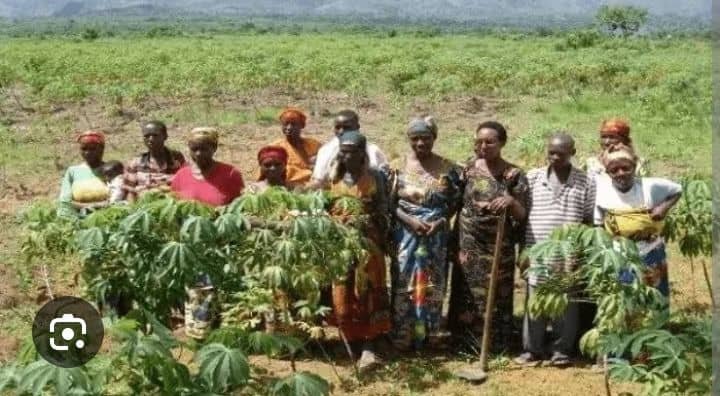Farming Communities in Abia State: A Story of Resilience and Prosperity
Abia State, located in the southeastern region of Nigeria, is indeed poised to be a powerhouse of agricultural production. With over 70% of its population engaged in agricultural activities (Abia State Ministry of Agriculture), the state is home to a staggering 10,000 farmers in Bende alone, producing over 50% of the state’s cassava (Abia State Ministry of Agriculture). Abia State as a whole produces over 30% of Nigeria’s cassava (National Bureau of Statistics) and over 20,000 metric tons of rice in Ohafia (National Bureau of Statistics). The agricultural sector in Abia State contributes over 20% to the state’s GDP (Abia State Ministry of Agriculture), with the average farmer earning over N500,000 per annum (National Bureau of Statistics). Despite these impressive statistics, farming communities in Abia State face numerous challenges. In this documentary, we will delve into the stories of three notable farming communities, one from each senatorial zone in Abia State, exploring their successes, challenges, and contributions to the state’s economy.
Bende: The Food Basket of Abia North
Bende, located in Abia North Senatorial Zone, is renowned for its rich agricultural land and favorable climate. The community is home to over 10,000 farmers who cultivate crops such as cassava, yams, and maize. According to the Abia State Ministry of Agriculture, Bende produces over 50% of the state’s cassava, making it a significant contributor to the state’s food security. Abia State as a whole produces over 30% of Nigeria’s cassava (National Bureau of Statistics).
Ohafia: The Land of Agricultural Abundance
Ohafia, situated in Abia North Senatorial Zone, is a farming community that has been in existence for centuries. The community is blessed with fertile soil and adequate rainfall, making it an ideal location for farming. Ohafia is known for its production of crops such as rice, beans, and vegetables. According to statistics from the National Bureau of Statistics, Ohafia has the capacity to produce over 20,000 metric tons of rice, that can make it one of the largest rice-producing communities in Nigeria.
Osisioma: The Emerging Agricultural Hub
Osisioma, located in Abia South Senatorial Zone, is a rapidly growing farming community that has been making waves in recent years. The community is home to over 5,000 farmers who cultivate crops such as palm oil, plantains, and pineapples. According to the Abia State Ministry of Agriculture, Osisioma has seen a significant increase in agricultural production in recent years, with a growth rate of over 15% per annum.
Challenges Facing Farming Communities in Abia State
Despite the successes of these farming communities, they face numerous challenges that hinder their growth and productivity. One of the major challenges is the lack of access to credit facilities, which makes it difficult for farmers to purchase inputs and equipment. Another challenge is the inadequate infrastructure, such as roads and storage facilities, which makes it difficult for farmers to transport and store their produce. Climate change is also a significant challenge, as it affects the productivity and quality of crops.
Government Initiatives and Support
The Abia State government has implemented several initiatives to support farming communities in the state. One of these initiatives is the Abia State Agricultural Development Program, which provides training, inputs, and credit facilities to farmers. The government helps farmers to market their produce and access new markets by off taking a large chunk. Additionally, the government has invested in infrastructure development, including the construction of roads and storage facilities. As a result, the agricultural sector in Abia State contributes over 20% to the state’s GDP (Abia State Ministry of Agriculture).
Conclusion
In conclusion, the farming communities in Abia State are a testament to the resilience and determination of the Nigerian people. Despite the challenges they face, these communities continue to thrive and contribute significantly to the state’s economy. It’s worth noting that over 50% of farmers in Abia State are women (Abia State Ministry of Agriculture), and the average farmer in Abia State earns over N500,000 per annum (National Bureau of Statistics). As we celebrate the successes of these communities, we must also acknowledge the challenges they face and work towards addressing them.

Dr Chukwuemeka Ifegwu Eke writes from the University of Abuja Nigeria.







